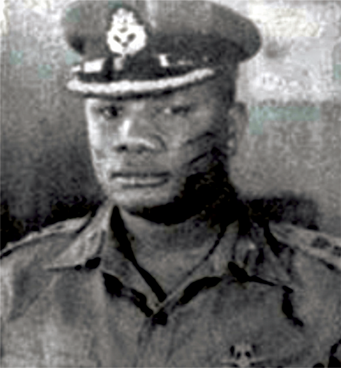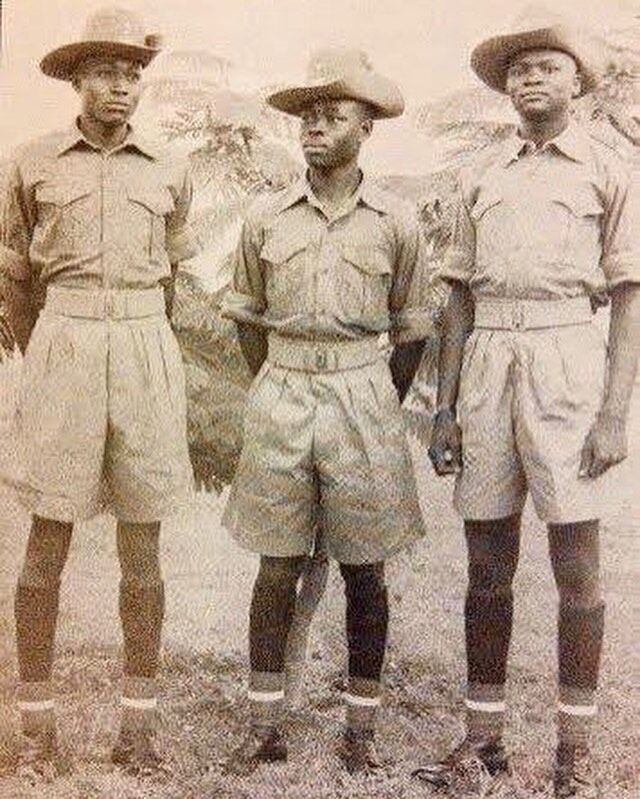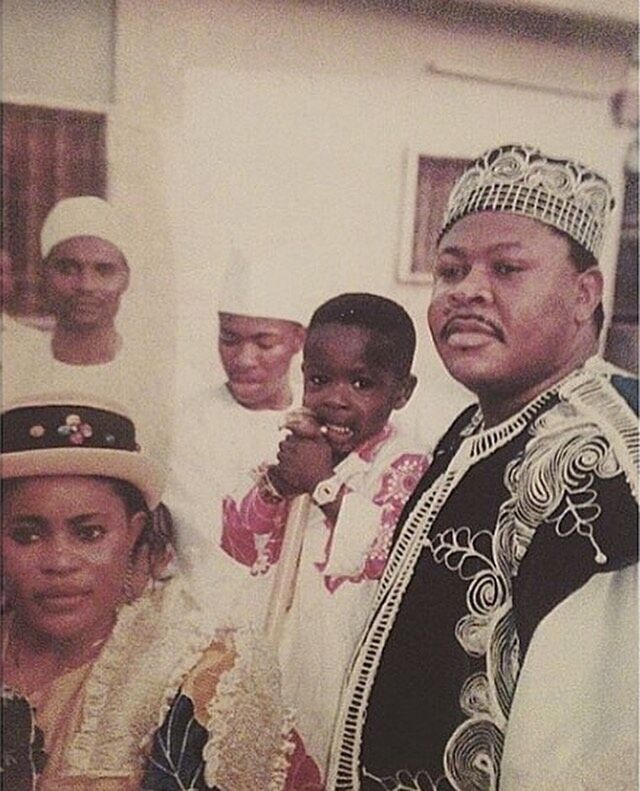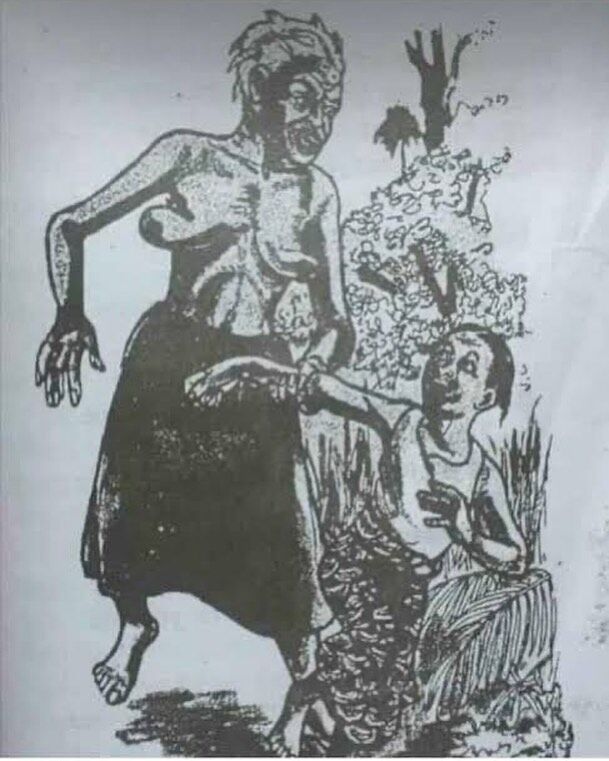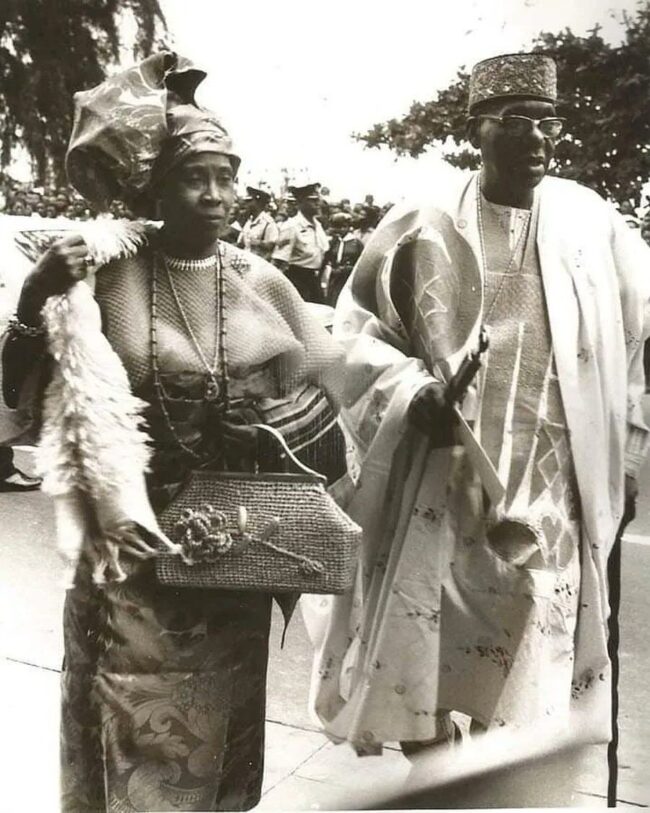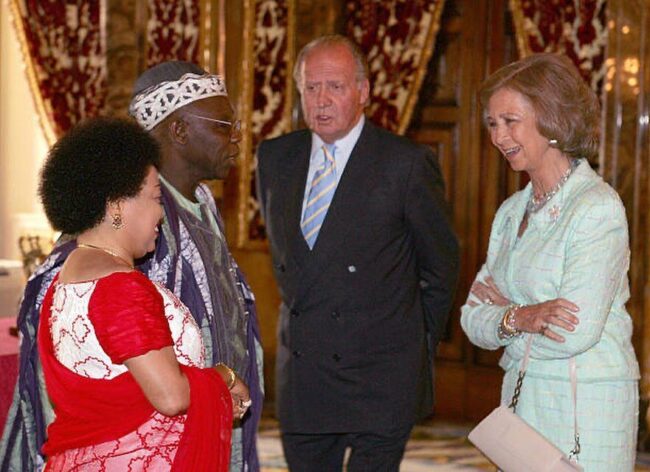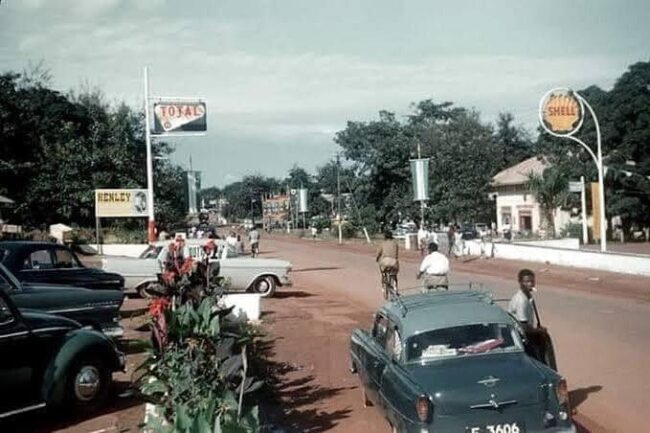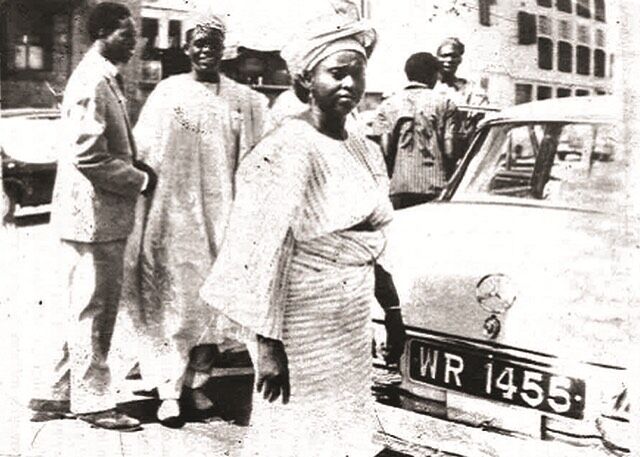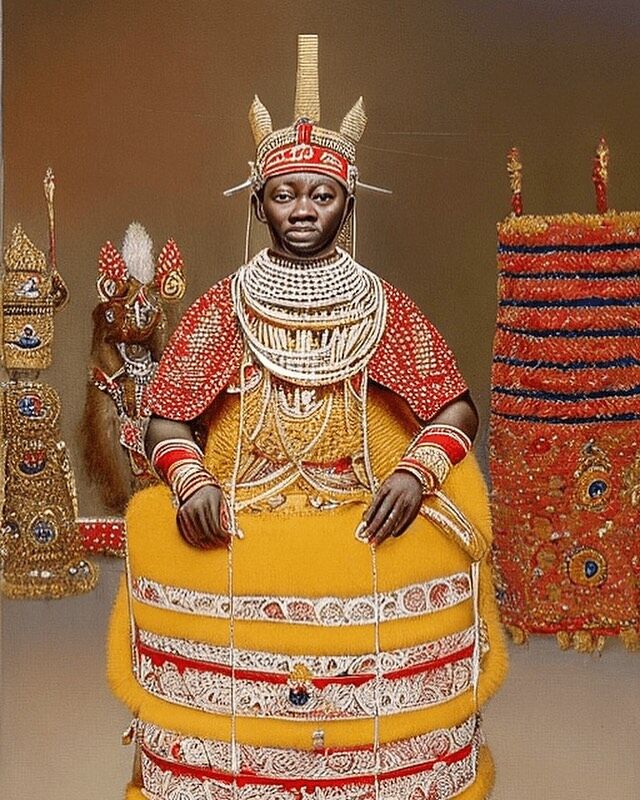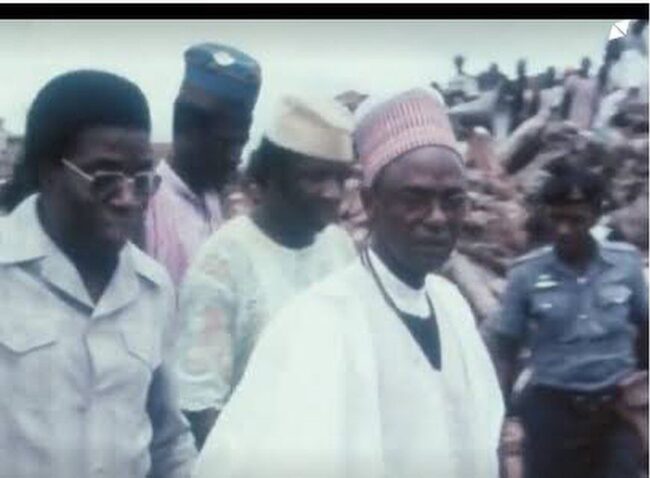“Omiyale,” the name of this flood, literally translates to “water has flooded the house.” The Ogunpa River spilling into the Odo-Ona River caused the flood. Together, the two rivers spilled their banks, causing the flood. However, the August 31, 1980 flood was the event that made the Ogunpa famous both nationally and internationally. The city of Ibadan was practically destroyed after roughly ten hours of intense rain, which was measured to be four times heavier than it was during the flood of 1978. Over a hundred bodies were recovered from the wreckage of toppled homes and cars carried away by the flood. More than 50,000 were left homeless and more than 200 people perished. Chief Bola Ige was the Oyo State governor at the time, and Alhaji Shehu Shagari was the Nigerian president. Ibadan is a vibrant metropolis. It is poorly built, has poor drainage, and has a steep topography with a mix of rivers and streams, including Odo-Ona, Ogbere, Ògùnpa, and Kúdetì. Additionally, the locals disregard town planning and building codes; they construct buildings on or near the city’s riverbanks and carelessly discard trash into these waterways. This confluence of elements gave Ibadan’s recurring flooding its background. There have been floods in Ibadan in 1960, 1963, 1978, 1980, and 2011. The 2011 incident had an impact on the campus of Ibadan, encompassing the campus zoo as well, following a flood that claimed numerous animals from the fishery and zoo. During his interview, a witness to the 1980 OMIYALE water disaster stated: I was out with my parents on the day of the Ogunpa Flood calamity, thus I will never forget it, the rain was falling when we got back from our visit. My siblings were unable to return home due to the intense rain that had continued into the evening. Additionally, the Old Ife Road is unusable due to flooding caused by the Onipepeye stream in Agodi, they were unable to return home. There were no cell phones or other means of communication back then. NEPA hit, making things worse and leaving us without power at home. It was such a horrific event. Thankfully, nobody was harmed and made it home after the water. When it comes to how they handled the 1980 flood calamity, three men stand out. They are Chief Ebenezer Obey, Chief Bola Ige, and the late President Shehu Shagari.…

